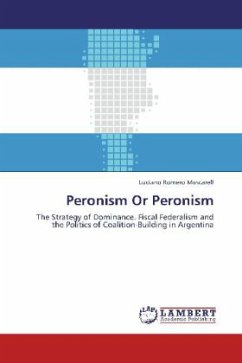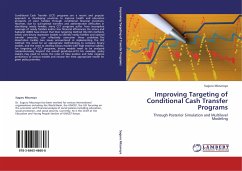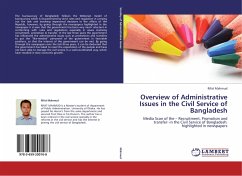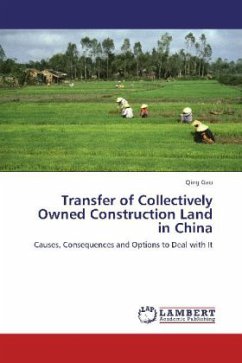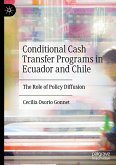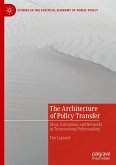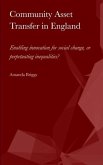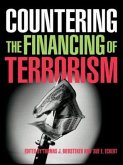Dominant parties are those that have maintained continuous executive and legislative rule and whose opposition parties lose elections for such long periods of time that there exists a dominant party equilibrium . But can this equilibrium break? Under what conditions are opposition parties able to capture enough votes to win elections? This book argues that dominant parties, when facing economic constraints become risk-averse and invest in those voters who are isolated from opposition parties because their bargaining power is low and their support may be achieved with less resources. The analysis focuses on the strategies taken by two Argentine presidents from the Partido Justicialista: Carlos Menem and Néstor Kirchner. The book attempts to explain the logic behind the difference in strategic coalition-building by the use of discretionary fiscal transfers. Furthermore, the book integrates the role of opposition parties in the question of dominance by considering their relative ideological distance from supporters whose resources are reduced by the dominant party. The author argues that the difference in electoral performance is a result of their fragmentation.

